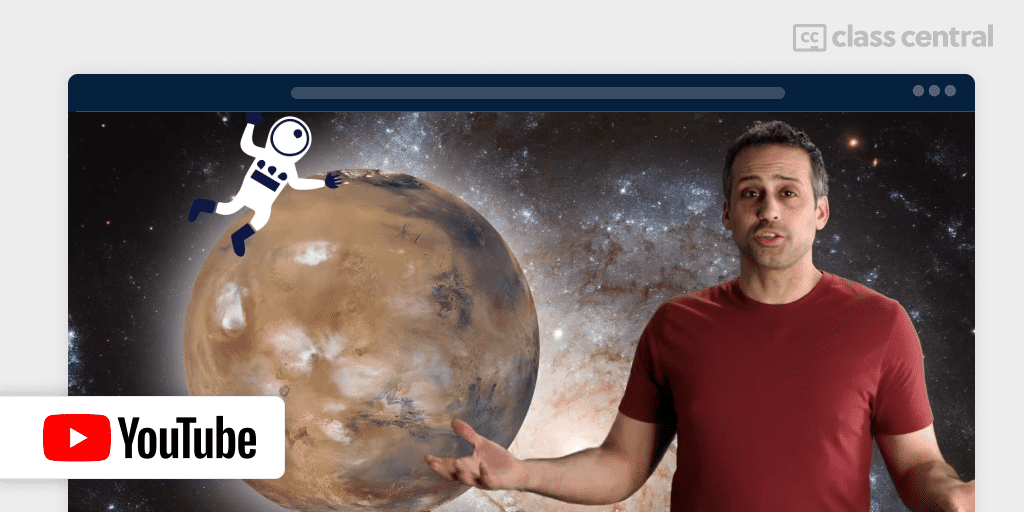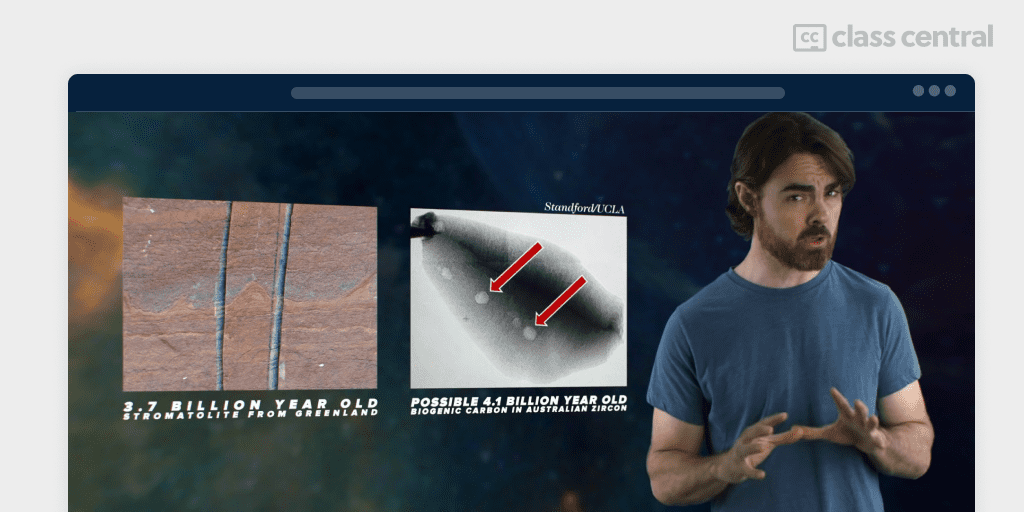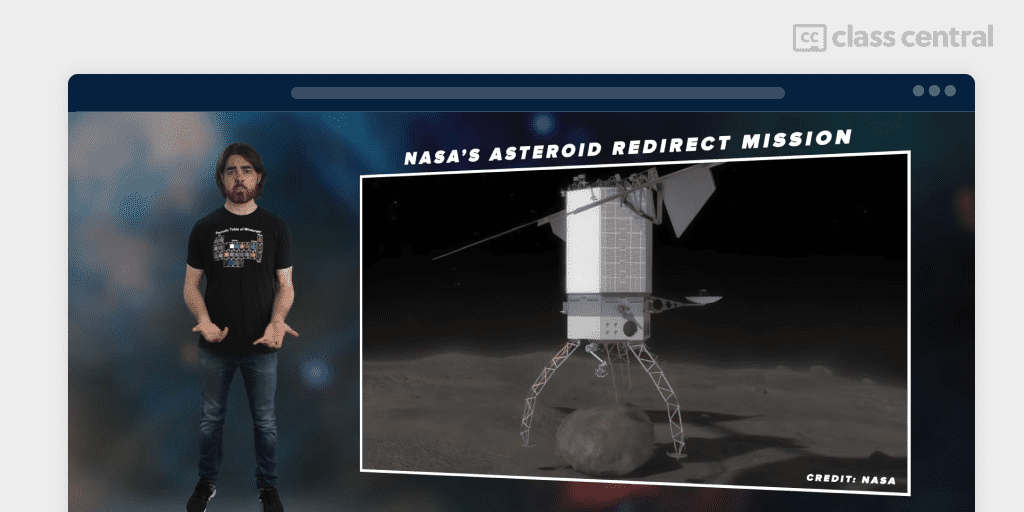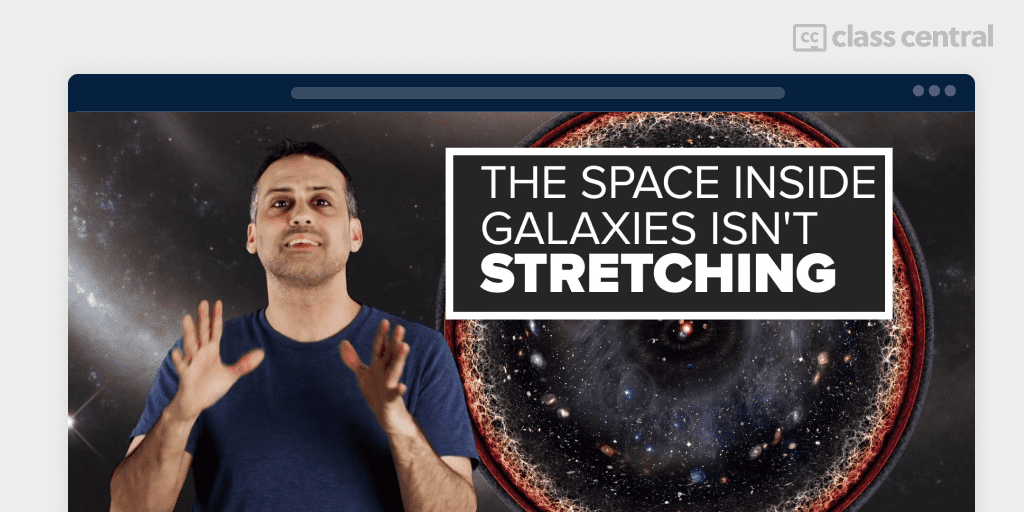Futurism and Space Exploration: a Perfect Start to the Wilder Side of Space Research
This is an in-depth review of the Futurism and Space Exploration series by PBS Space Time.

Has the vastness of space ever made your head spin at the speed of light? Have you ever wondered what a Dyson sphere is? Maybe you have a few questions about what people born on Mars would look like. In this course all these questions will be answered and so will many more. Futurism and Space Exploration is a fun and self-paced way to learn the answers to questions the amateur stargazer and space lover may have. The best part is that it’s all in bite-sized videos that are easy to binge.
Who should take this course?
Anyone with a love for space and a few out of the box questions about the more odd and interesting parts of space. If you are a beginner in star gazing and a person who yearns for straightforward easy to understand answers to unexpected questions, this course is for you. I would suggest it to students who would like a space themed hobby or those looking for a pastime that remains interesting even after the course as the answer given can be expanded on and discussed even further on other forums.
The instructors

The course is presented by PBS Space Time through YouTube and hosted by the quick paced smooth-talking physicist Dr. Gabe Perez-Giz and mellow-minded super-intellectual astrophysicist Dr. Matt O’Dowd. The two writers of the series gave easy to understand and logical answers in such as to simulate a casual discussion which helped in understanding the concepts presented in the series.
What will you learn?
We’ll not spoil all the surprises, but here’s a rough overview of what is covered in the course:
- Exoplanets and where they are found.
- Dyson spheres- what are they and how would we make one?
- Terraforming planets and what we need to survive on another planet.
- What secret NASA projects have been used in our daily lives.
- How do wormholes work?
- Can we reach hyper speed or travel at the speed of light?
- The potential asteroid mining revolution.

To give you more information would ruin the fun of taking the course. The only way to find out all the questions and their respective answers is to watch the entire series.
Requirements
No degrees or formal education on the topics discussed is required. I would suggest a prior exposure to a few very basic principles of space is needed to fully grasp the gravity of the concepts discussed. The course is only about 4-hours long and is completely self-paced which allows you to take as much time as you need. I suggest a video a day which is about 10-15 minutes. This gives you about 20 days of interesting concepts and topics to ponder over.
Personal experience

I personally enjoyed the entire series. The short video format kept me engaged long enough to truly have a good understanding of the lesson and remained short enough to not bore me. The course is made for people with short attention spans and short bursts of time throughout their day. I felt like I learnt quite a lot without being bombarded with information or being left confused at the end of a lesson. The topics to this day remain relevant and interesting. The various lessons inspired me to look deeper into space and futurism.
In conclusion, the course is well scripted and written in such a way to keep the viewer engaged. The topics remained relevant and the short form is very digestible for those with odd working hours or short periods of free time. The hosts and writers are very knowledgeable and truly have a good way of explaining complex terminology. A brilliant course that anyone with a love for space should watch.
A course that is similar in style and topic is The Universe and Space stuff by Kurzgesagt- In a Nutshell.






